
Thymosin alpha 1
Thymosin alpha 1 is a peptide naturally occurring in the thymus that has long been recognized for modifying, enhancing, and restoring immune function. Thymosin alpha 1 has been utilised in the treatment of immunocompromised states and malignancies, as an enhancer of vaccine response, and as a means of curbing morbidity and mortality in sepsis and numerous infections.
Studies have postulated that thymosin alpha 1 could help improve the outcome in severely ill coronavirus disease 2019 patients by repairing damage caused by overactivation of lymphocytic immunity and how thymosin alpha 1 could prevent the excessive activation of T cells.
BPC 157
Pentadecapeptide BPC 157, composed of 15 amino acids, is a partial sequence of body protection compound (BPC) that is discovered in and isolated from human gastric juice. Experimentally it has been demonstrated to accelerate the healing of many different wounds, including tendon-to-bone healing and superior healing of damaged ligaments.
Additionally, BPC 157 has shown to protect organs and aids in the prevention of gastric ulcers. BPC-157 acts systemically in the digestive tract to combat leaky gut, IBS, gastrointestinal cramps, and Crohn’s disease.
This peptide has been known to exhibit analgesic characteristics as well. Those who suffer from discomfort due to muscle sprains, tears and damage may benefit from treatment with this peptide. It can also help to aid skin burns at a faster rate by increasing blood flow to damaged tissues.
GHK-Cu
GHK-Cu is a naturally occurring copper complex that was first identified in human plasma, but has hence been found in multiple locations such as saliva and urine. Copper peptides are small, naturally occurring protein fragments that have a high affinity for copper ions, which are critical to normal body function.
GHK-Cu has a variety of roles in the human body including, but not limited to, promoting activation of wound healing, attracting immune cells, antioxidant and anti-inflammatory effects, stimulating collagen and glycosaminoglycan synthesis in skin fibroblasts, and promoting blood vessel growth. There has been evidence that has shown that it acts as a feedback signal that is generated after tissue injury. First, it seems to act as a potent protector of tissue and an anti-inflammatory agent that controls the oxidative damage that occurs post-tissue injury. Further, it then plays a big role in signalling tissue remodelling which removes damaged/scarred tissue and generates new, healthy tissue. However, these positive effects decline with age because the concentration of GHK-Cu in the body decreases with age. Thus, there is an increase in inflammation, cancerous activity, and tissue destruction.
Clinically, it is mostly used to decrease fine lines and wrinkles and to improve hair regrowth feedback signal that is generated after tissue injury. First, it seems to act as a potent protector of tissue and an anti-inflammatory agent that controls the oxidative damage that occurs post-tissue injury. Further, it then plays a big role in signaling tissue remodeling which removes damaged/scarred tissue and generates new, healthy tissue. However, these positive effects decline with age because the concentration of GHK-Cu in the body decreases with age. Thus, there is an increase in inflammation, cancerous activity, and tissue destruction. Clinically, it is mostly used to decrease fine lines and wrinkles and to improve hair regrowth.
According to Koniver Wellness, this peptide has the following components and potential benefits:
As part of Peptide Therapy Treatments at Healand Clinic, we conduct a comprehensive assessment which can be done in person, over the phone or via video.
Our expert team ensures the treatment aligns perfectly with your needs and provides ample opportunity for you to ask any questions before the process begins.
Book your free consultation with us today to find out if this peptide protocol is right for you.
BOOK A CONSULTATION


